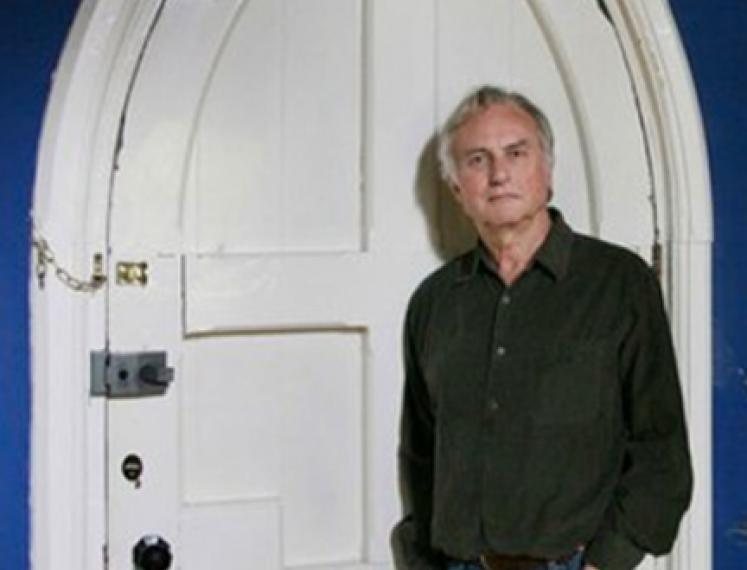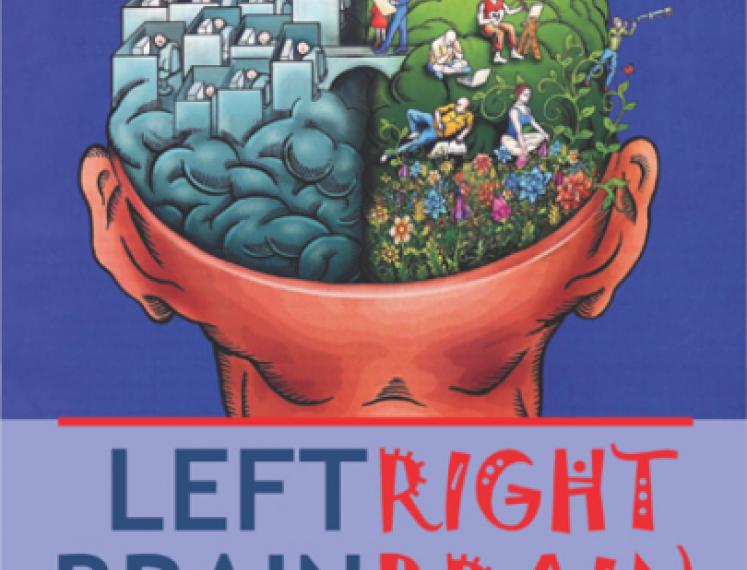Lecture richard Dawkins
A public lecture by evolutionary biologist and author Richard Dawkins.
Evolutionary biologist and author Richard Dawkins is well known by both scientists and the general public for his publications on evolutionary theory and its evidence. He is famous for his revolutionary ideas as well as his practical answers to big questions concerning nature and mankind, rejecting higher powers to explain the world around us.
In his Groningen lecture Dawkins will explore whether Darwin was the most revolutionary scientist ever, and examining the evolutionary theories of his contemporaries. He suggests that there are five ‘bridges to evolutionary understanding’. The first four of these correspond to the four scientists whose work contributed to the theory of evolution by natural selection: Edward Blyth, Patrick Matthew, Alfred Wallace and Charles Darwin. The fifth bridge is modern genetics, or ‘digital Darwinism’.
Richard Dawkins visits Groningen for the opening of the Linnaeusborg, the new building of the Biology and Life Siences Department of the University of Groningen. Dawkins (1941) worked at the University of California, Berkeley and Oxford University. He became famous for his book ‘The Selfish Gene’ (1976), which popularized his gene-centered view on evolution. In his 2006 book ‘The God Delusion’, he contends that a supernatural creator almost certainly does not exist and that religious faith is a delusion—a fixed false belief. Recent books are ‘The Greatest Show on Earth: the Evidence for Evolution’ (2009) and ‘The Magic of Reality: How We Know what’s Really True’ (2011), a graphic science book aimed primarily at children and young adults. Almost all his books have been translated to Dutch.
This lecture is organized by the Faculty of Mathematics and Natural Sciences of the University of Groningen, in cooperation with Studium Generale Groningen and the newspaper Dagblad van het Noorden.
Organized by the Faculty of Mathematics and Natural Sciences in co-operation with Studium Generale and newspaper Dagblad van het Noorden



